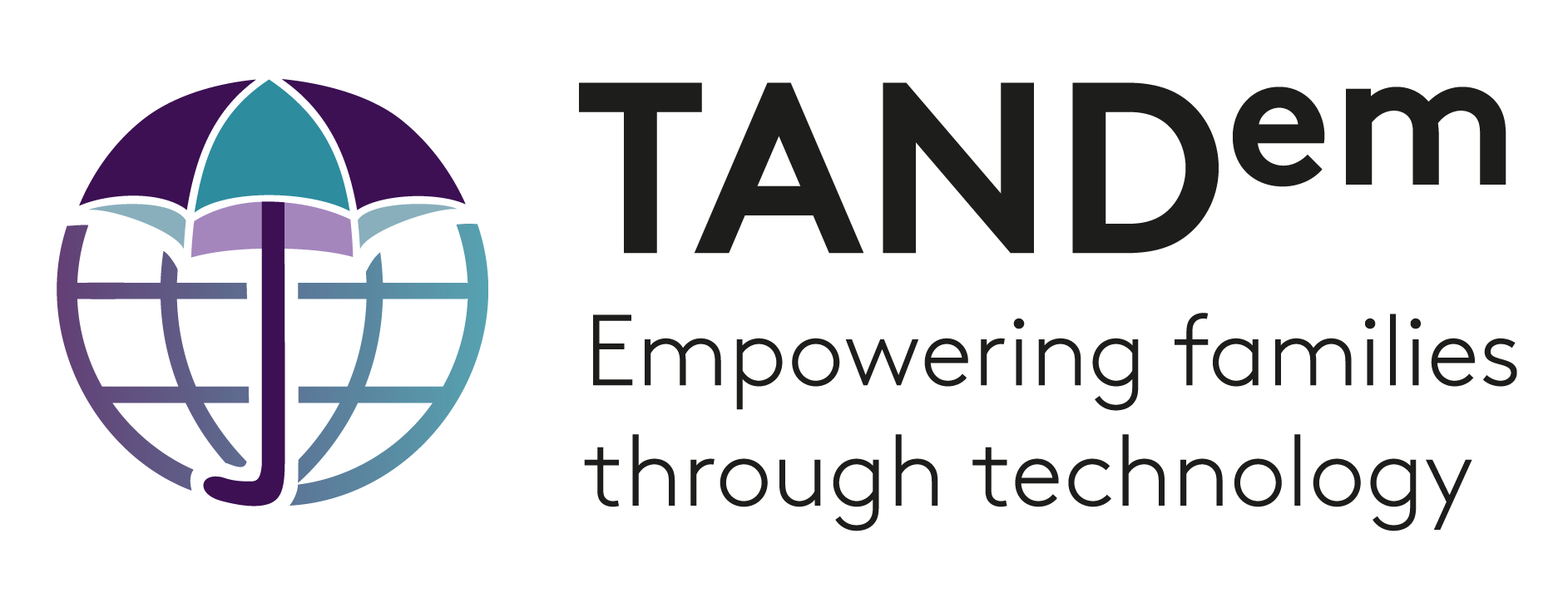Eat/Sleep Cluster
Home > TAND Clusters > Eat/Sleep > What to seek > Eating behaviour
Eating behaviour
Eating behaviours in TSC are poorly understood and are affected by epilepsy, autism, intellectual disability and anxiety. Eating behaviours include loss of appetite, weight management, selective food preferences, and sensory sensitivities. Overall, a healthy, nutritious and varied diet should be encouraged, see the resource panel for ideas of a healthy balanced diet. Eating preferences and phases of fussy eating are typical in development, particularly in the toddler and teenage years.
If you are concerned that behaviour or attitude towards food (e.g. overeating, restricted eating, avoiding meals with others, strict eating habits, exercising too much) are significantly impacting daily living, relationships or well-being, seek professional support from your doctor or healthcare provider.
It is important to note that the ketogenic diet is not considered here as a TAND behaviour, or a specific eating behaviour. More information about the ketogenic diet can be found in the resource panel.
Eating disorder diagnosis
In the first instance, you may suspect an eating disorder diagnosis that can include restricted eating or overeating. This diagnosis requires a specialist assessment by a health professional. To support a diagnosis, it is advised that you collect and record relevant information, and observe patterns of eating behaviour across multiple settings. Even in the absence of a formal diagnosis, difficult eating behaviours are common in TSC and may require intervention and support. Please consult your doctor, paediatrician, or healthcare professional.
It can be very hard to reach out for help, but specialist treatment and support is available, usually in the form of talking therapy. Talk to a friend or loved one to support you through this process.
Overview – Eating Disorders
[nhs.uk]
Eating Disorders
[nimh.nih.gov]
Beat Eating Disorders
[beateatingdisorders.org.uk]
Sudden changes in weight and appetite
It is important to note, that if there have been any sudden changes in weight or appetite, underlying pain or effects of medication are factors to investigate. Medication dose and type should be discussed with a health practitioner in the first instance. Changes to medications or supplements should never be made without medical guidance – always consult your healthcare practitioner if you are concerned by changes in weight or appetite. Also consult your healthcare provider if changes in weight or appetite as a result of medication are negatively impacting mental health.
Medications and Weight
[synergywellnesscenter.com]
Autism
Mealtimes and social occasions can affect our relationship with food. Eating meals with others, food shopping, and eating out at restaurants can be stressful and overwhelming. An autism diagnosis may mean selecting foods that feel safe and predictable, eating at certain times of the day, or avoiding certain foods and social occasions. If food choices are restricted, or certain food types or food groups are avoided, vitamin supplements or probiotics may be required to assist gastrointestinal health and nutrition. Your doctor, therapist or dietician can provide targeted help and support around diet, food choices and mealtime anxiety.
Autism and Diet: Food Fact Sheet
[bda.uk.com]
Practical Strategies for Feeding Aversions in Children with Autism
[card-usf.fmhi.usf.edu]
Mental health
There is a clear relationship between our eating behaviours and mental health. Our diet can affect daytime mood and behaviour, making us more irritable, less sociable, and less productive at work or school. Mental health conditions, such as anxiety and depression are also related to eating behaviour. Depression may lead to comfort eating, skipping meals and loss of appetite. If you are concerned by changes in eating behaviour or appetite, or you notice significant changes to mental health and well-being consult your healthcare provider, doctor, or paediatrician.
Food and Mood: How Do Foods Affect How You Feel
[bda.uk.com]
Depression and Diet: Food Fact Sheet
[bda.uk.com]
Medication
Anti-depressant and mood stabilising medications can result in increased appetite. Selective serotonin reuptake inhibitors (SSRIs) increase the availability of serotonin, which is a feel-good chemical that enhances mood, but also increases craving for carbohydrates.
Mood stabilisers such as lithium or risperidone lead to increased changes in metabolism and appetite, resulting in weight gain. The relationship between weight gain and medication may not always be direct, and there are other factors that may lead to weight gain when using anti-depressants, such as age, inactivity, and positive changes in mood increasing appetite. Changes to diet and lifestyle when using medication may also be important.
Individuals on mTOR inhibiting medication (sirolimus/rapamycin, everolimus) should monitor for the side effect of oral ulcers and practice good oral hygiene. If oral ulcers cause discomfort or difficulty eating, speak with a medical provider about treatments.
Anti-epileptic drugs (AEDs) can have common side effects relating to nausea and vomiting, including: valproic acid, carbamazepine, and fenfluramine. Some AEDs may also be associated with changes in weight and appetite. Valproate is the one most commonly associated with weight gain. Topiramate has been found to be associated with weight loss as a result of decreased appetite.
Caution is needed when interpreting weight and appetite side effects, as this has not been evaluated consistently using clinical trials, and existing studies have not always controlled for age-related natural changes in weight over time. See the resource panel for more information.
How Can Antidepressants Affect Weight Gain
[medicalnewstoday.com]
Epilepsy Drugs to Treat Seizures
[webmd.com]
Everolimus-Afinitor: Side Effects
[childrensmn.org]
Multidisciplinary feeding programs
Depending on country of residence, there may be professional feeding programs available via healthcare providers or charity organisations (see examples in resource panel). These feeding programs provide targeted support for specific eating behaviours with assessments and recommendations provided by a multidisciplinary specialist team of professionals. Availability of services will differ depending on the country where you live and outcomes of the referral process that are specific to that program.
Multidisciplinary Developmental Feeding Clinic
[health.ucdavis.edu]
First Steps to Understanding Eating Disorders
[firststepsed.co.uk]
Age specific strategies
We have put together ideas of strategies you can use according to age, for children, teenagers, and adults. Click on the age range applicable to you to find out more.







